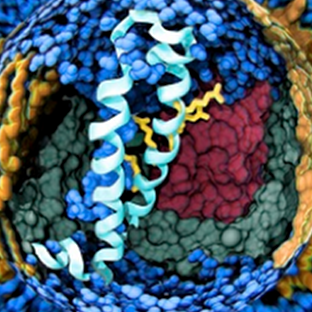Molecular Simulation

Semi-empiric simulation methods have been responsible for tremendous advances in chemistry, life science, and materials research. The possibility to accurately model finite temperature, time development, and very large systems has made these methods a cornerstone for biomolecular modelling and drug design, it has become possible to simulate complex processes such as protein folding on millisecond scale involving >100,000 atoms, and there is a large international effort (OpenKIM) to standardize models of interatomic potential for materials research.
People involved can be found here.




